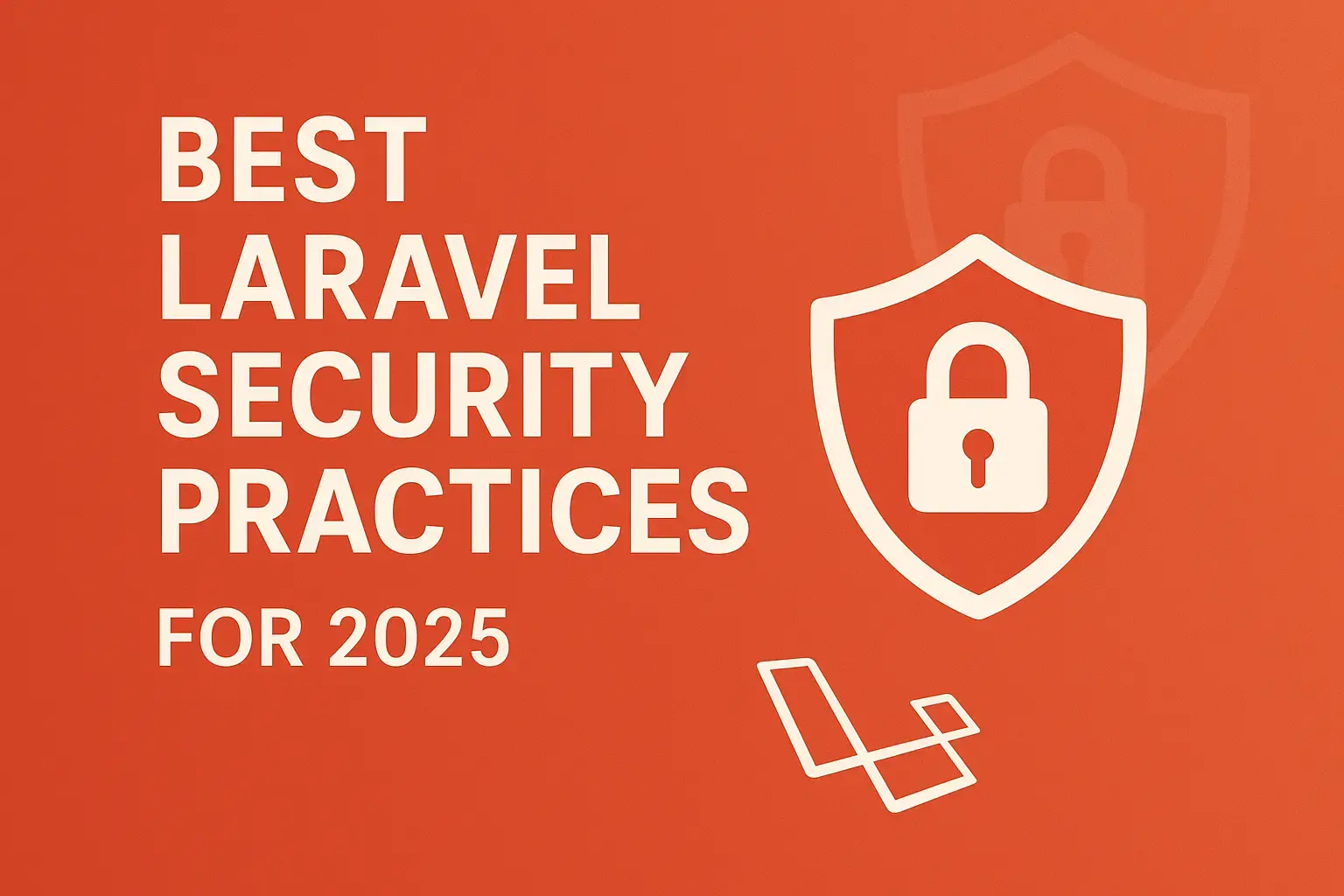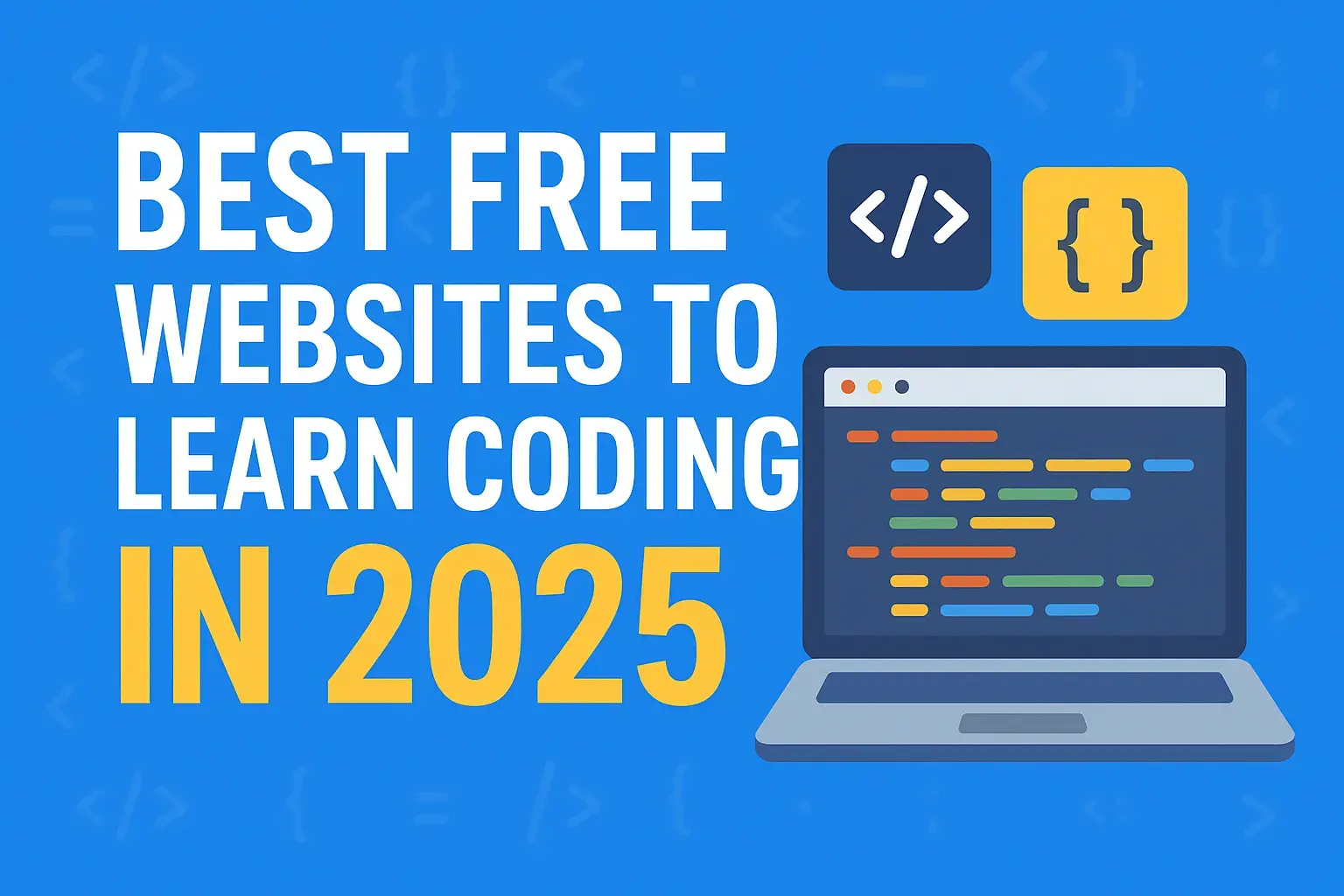Learn quantum computing for developers: basics, tools like Qiskit & Cirq, algorithms, and how to get started. A beginner-friendly guide for 2025.
Quantum computing is no longer just a theoretical concept—it's becoming a practical tool for developers. Whether you're a seasoned programmer or just starting out, understanding quantum computing can open up new possibilities for solving complex problems. In this guide, we'll break down the fundamentals, explore quantum programming tools, and show you how to get started.
Quantum computing leverages the principles of quantum mechanics to process information in ways that classical computers cannot. Unlike classical bits, which are either 0 or 1, quantum bits (qubits) can exist in multiple states at once, thanks to a property called superposition. This allows quantum computers to perform many calculations simultaneously, making them incredibly powerful for specific tasks like optimization, cryptography, and simulation.
Quantum computing has the potential to revolutionize industries by solving problems that are currently intractable for classical computers. For example:
If you're a developer, you can start experimenting with quantum computing using frameworks like Qiskit (IBM) and Cirq (Google). These tools allow you to write and simulate quantum algorithms in Python.
Qiskit is an open-source framework for working with quantum computers. It provides tools for creating and manipulating quantum circuits, as well as simulating them on classical hardware.
This code creates a simple quantum circuit that entangles two qubits and measures their states. The output will show the probability distribution of the measurement results.
Cirq is another popular framework for quantum programming. It's designed to work with Google's quantum processors and provides a high-level interface for creating quantum circuits.
Quantum algorithms are designed to take advantage of quantum mechanics to solve problems more efficiently than classical algorithms. Here are a few key algorithms every developer should know:
The Deutsch-Jozsa algorithm determines whether a given function is constant or balanced with a single query, whereas a classical algorithm would require multiple queries.
Grover's algorithm provides a quadratic speedup for unstructured search problems. For example, searching an unsorted database of N items would take O(N) time classically but only O(√N) time with Grover's algorithm.
Shor's algorithm can factor large integers exponentially faster than the best-known classical algorithms, posing a threat to RSA encryption.
While quantum computing holds great promise, there are significant challenges:
If you're interested in diving deeper into quantum computing, here are some resources:
Quantum computing is still in its early stages, but progress is accelerating. Companies like IBM, Google, and Microsoft are investing heavily in quantum research, and we can expect to see more practical applications in the coming years. As a developer, now is a great time to start learning and experimenting with quantum programming.

04 Sep, 2025

10 Aug, 2025